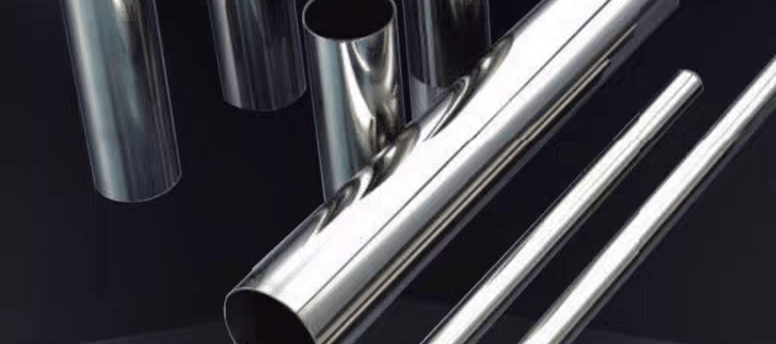Cleanroom Tubing Selection Guide: Choosing the Right Tubing for Cleanrooms
This Cleanroom tubing selection guide helps you choose the best tubing for contamination control, durability, and efficiency in cleanroom environments like biopharma and semiconductor.
SHEENTUBE
11/4/20242 min read


How to Choose the Right Tubing for Cleanroom Applications
Introduction
Choosing the right tubing for cleanroom applications is essential to maintain strict contamination control, efficiency, and product integrity. Industries such as biopharmaceuticals, semiconductors, and food processing rely on high-quality tubing to prevent contamination and withstand rigorous cleaning processes. This article will guide you through the factors to consider when selecting tubing for cleanroom environments.
1. Material Selection: Prioritizing Durability and Corrosion Resistance
Material is a critical factor in cleanroom tubing. Stainless steel, particularly 316L stainless steel, is highly recommended due to its durability, corrosion resistance, and ability to withstand chemicals used in cleaning processes. This material helps prevent corrosion, reduces the risk of contamination, and ensures a longer lifespan, making it ideal for environments where cleanliness and durability are essential.
2. Surface Finish: Choosing Electropolished Tubing
For cleanroom applications, an electropolished surface is essential. Electropolished tubing has a smooth, mirror-like finish that minimizes particle buildup and biofilm formation. This finish reduces cleaning frequency, which is beneficial for maintaining high purity levels. In biopharmaceutical and semiconductor industries, where even microscopic contaminants can impact product quality, electropolished tubing is an excellent choice.
3. Cleanliness Standards: Meeting Industry Requirements
Cleanrooms have strict cleanliness standards, and tubing should comply with these regulations to maintain safety and quality. When choosing tubing, ensure it meets certifications such as ISO 14644 for cleanroom standards and ASME BPE for biopharmaceutical applications. Compliance with these standards ensures that the tubing will function reliably in sensitive environments and support consistent product quality.
4. Ease of Maintenance and Replacement
Tubing that is easy to clean, maintain, and replace is essential for cleanroom applications. High-quality tubing with smooth surfaces and durable materials reduces maintenance time and frequency, allowing for continuous, contamination-free operation. This also minimizes downtime, making operations more efficient and cost-effective.
Conclusion
Selecting the right tubing for cleanroom applications involves considering factors such as material, surface finish, industry standards, and ease of maintenance. High-quality tubing that meets cleanroom requirements will improve operational efficiency, ensure contamination control, and support product integrity. By investing in the right tubing solution, industries like biopharmaceuticals, semiconductors, and food processing can achieve long-term efficiency and safety in their cleanroom environments.

Sheentube
High-quality stainless steel tubes for industries.
+86 15203012590
© 2024. All rights reserved.
